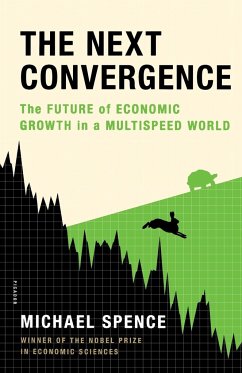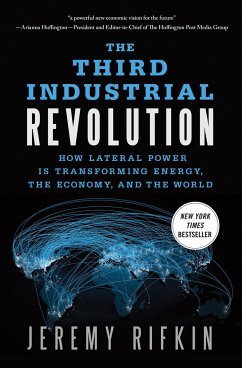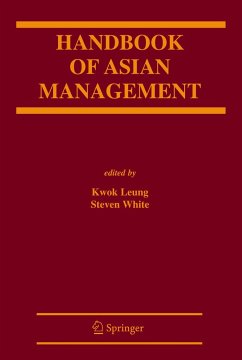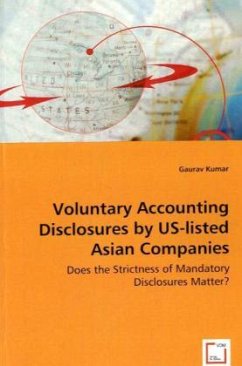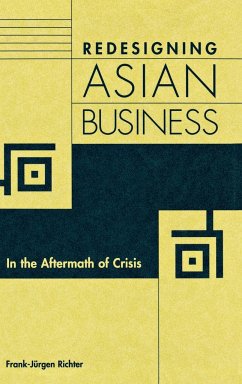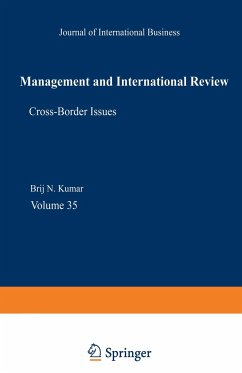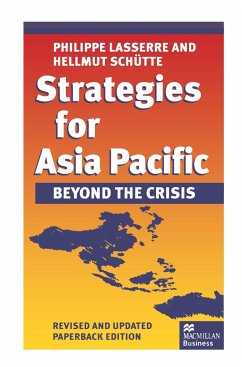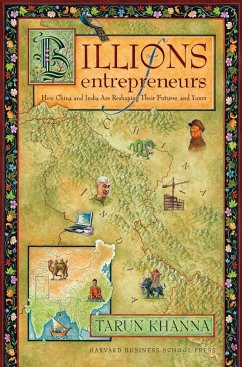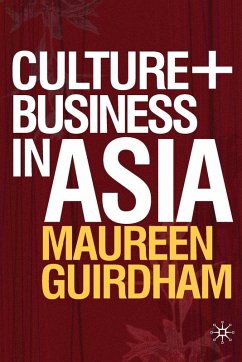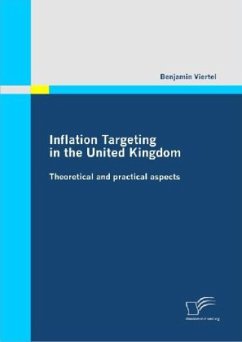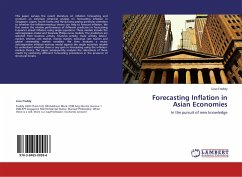
Forecasting Inflation in Asian Economies
In the pursuit of new knowledge
Versandkostenfrei!
Versandfertig in 6-10 Tagen
32,99 €
inkl. MwSt.

PAYBACK Punkte
16 °P sammeln!
This paper surveys the recent literature on inflation forecasting and conducts an extensive empirical analysis on forecasting inflation in Singapore, Japan, South Korea and Hong Kong paying particular attention to whether the inflation-markup theory can help to forecast inflation. We first review the relative performance of different predictors in forecasting h-quarter ahead inflation using single equations. These models include the autoregressive model and bivariate Philips curve models. The predictors are selected from business activity, financial activity, trade activity, labour market, int...
This paper surveys the recent literature on inflation forecasting and conducts an extensive empirical analysis on forecasting inflation in Singapore, Japan, South Korea and Hong Kong paying particular attention to whether the inflation-markup theory can help to forecast inflation. We first review the relative performance of different predictors in forecasting h-quarter ahead inflation using single equations. These models include the autoregressive model and bivariate Philips curve models. The predictors are selected from business activity, financial activity, trade activity, labour market, interest rate market, money market, exchange rate market and global commodity market variables. We then evaluate a vector autoregressive inflation-markup model against the single equation models to understand whether there is any gain in forecasting using the inflation-markup theory. The paper subsequently analyses the robustness of these results by examining different forecasting procedures inthe presence of structural breaks.



